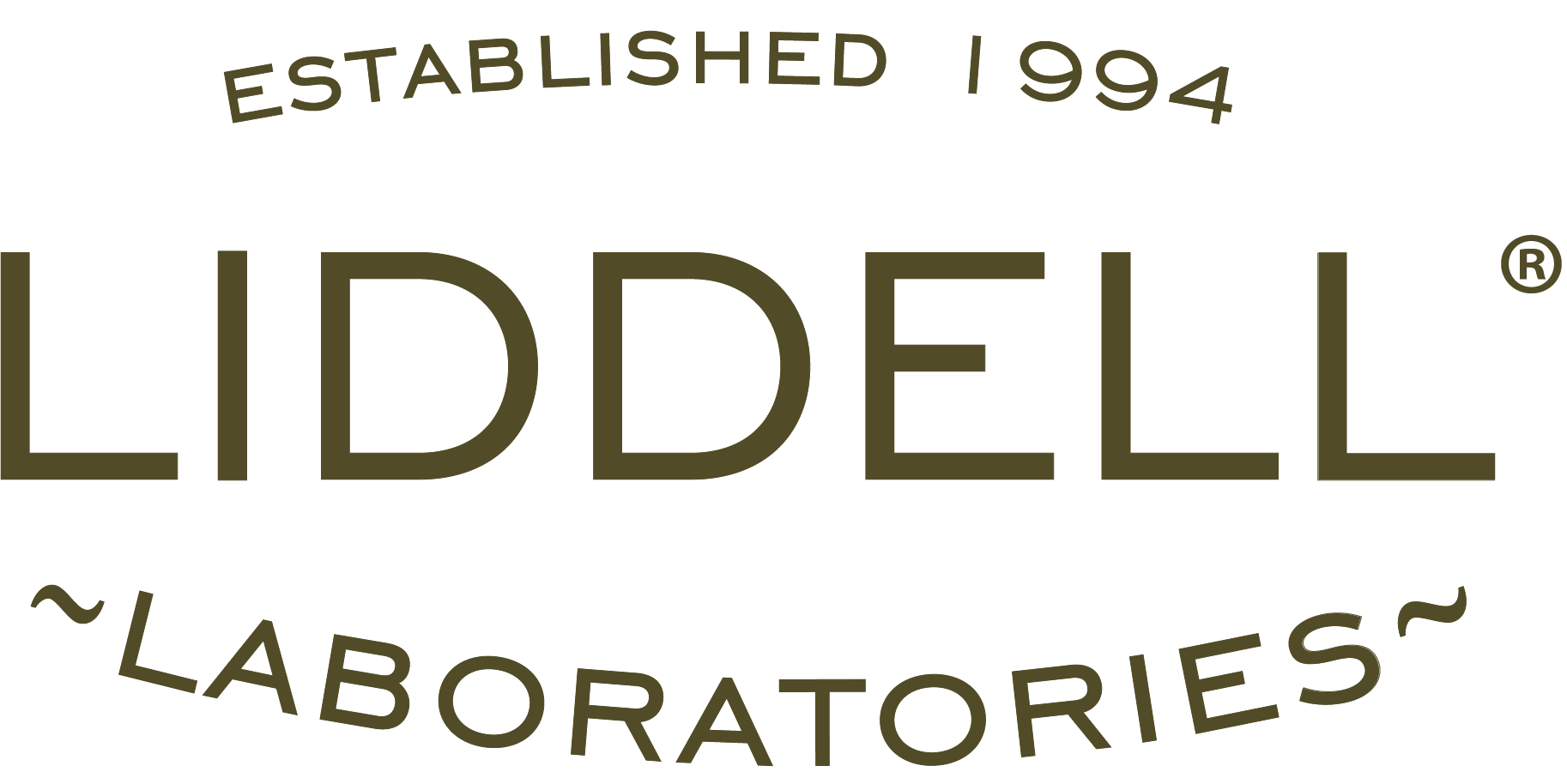There are many types of dermatitis (also known as eczema), but all are characterized by inflammation of the skin. These various forms of eczema can have different triggers, and differing treatments. But one type of eczema, atopic dermatitis is on the rise.
Although no one knows the exact cause, atopic dermatitis is the most common form of eczema and is estimated to occur in 10 to 20% of the U.S. population. Mainly it affects infants and children; however this type of eczema can develop into a relapsing course that will affect a person throughout their lives. There is no cure for atopic dermatitis, but there are treatment strategies such as avoiding certain foods or irritants and using medicated gels such as Eczema Rescue® .
Startlingly, both elderly onset and childhood onset of atopic dermatitis is on the rise. Between 2000 and 2010, cases of eczema increased as much as 17% in some demographic groups of children.
There have been many possible explanations, but one study in particular that was conducted in Sweden has some interesting findings. It was discovered that children who lived in homes where dishes were washed by hand were less likely to develop eczema (as well as asthma or hay fever) when compared to homes where automatic dishwashers were used.
This discovery supports the so called ‘hygiene hypothesis’ which asserts that people in developed countries are growing up too clean and are not exposed to enough bacteria and microorganisms, which does not give their immune system the opportunity to learn bad from good microbes. Research is still ongoing to try and determine a more definitive answer.
There is far less research available on why elderly onset atopic dermatitis is on the rise. We do not know if it is related to environmental factors or internal physiology.
With eczema rates on the rise and no known cure, management strategies become crucial. Learn all the triggers for eczema, and make sure to have a non-irritating topical remedy like Eczema Rescue® in your medicine cabinet to help soothe and soften irritated skin.

